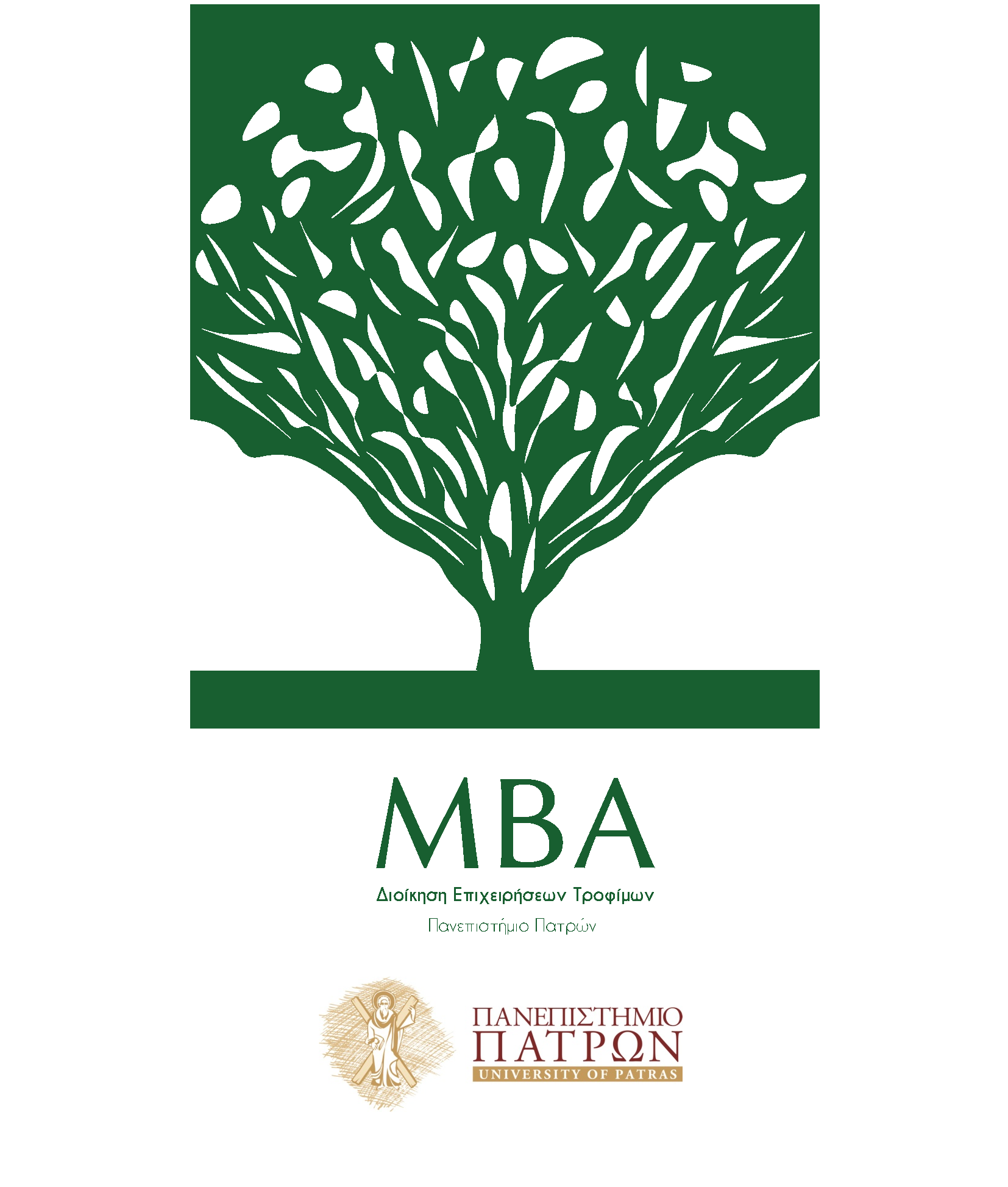Research
In general terms, the research subjects of the Department include:
- Applied Economics, Agricultural Economics (Analysis of Supply and Demand), Applied Industrial Organization (Forms of Market), Price Analysis (Price Volatility), Economic and Regional Development (Technological Progress, Efficiency, Productivity, Convergence).
- Marketing of food and beverage, marketing of retailers, consumer behaviour, Internal marketing, marketing of customer services.
- Total Quality Management, Management of Quality Systems, Management of Food Safety, Environmental Systems Management, Tools and Techniques for Improving Quality, Management of Human Resources.
- Food Management, Business Administration of Cooperatives, Agricultural Policy.
- Local and Regional Development and Competitiveness, Regional Entrepreneurship: cluster and local networks, niche-production and innovativeness , Sustainability of Rural Area, European Regional Policy.
- Financial management, Investment Evaluation, Money and Capital Markets, Financial Risk Management, Operations Research, Agricultural Economics.
- Accounting, Estimation, Management, Economics of Farming, Banking Economics.
- Distribution Theory, Estimation Parameters from Incomplete Samples, The EM method , Reliability - Survival Analysis, Data Analysis, Computational Intelligence, Neural Networks - Genetic / Evolutionary Algorithms, Theory of Decision Making - Algorithms for Pattern Recognition, Intelligent Information Systems, Applications of Hybrid Intelligent Systems and Algorithms for modeling time series of linear and nonlinear systems of the real world, Design and Development of Hybrid Intelligent Algorithms to solve scheduling problems.
- Development of a methodology for preparing polymer nanocomposites - clays. Study of permeability (oxygen and moisture) and mechanical properties of these materials, and exploration of the possibility of their use in agricultural applications as food packaging materials, Composition, characterization of mixed oxides and study of catalytic activity in reactions of environmental interest, development of methodology for the definition of porous materials, development - implementation of technical quality control of food and authenticity. Water resources, Rational management of irrigation water, Integrated farm management, precision agriculture, drought and climate change, Sustainable development.
- Development and implementation of analytical methods for monitoring the presence of organic micropollutants (pesticides, phenols, PCB's, etc.) in the soil, natural waters and animal organisms, Physico-chemical behaviour of toxic substances in the environment, transport patterns and residue distribution of organic micropollutants in ground system - water and natural recipients, Ecotoxicology pollutants and assessment of the ecological impact of the presence of these compounds in the environment, Application of instrumental analytical methods for the control of environmental technologies, Development and application of analytical methodologies using gas / liquid chromatography and mass spectrometry for checking the presence of pesticide residues in agricultural products and foodstuffs, Estimation of dietary exposure to pesticides, nitrates control and increase of bioactive compounds in crop plants.
In the Department, four research laboratories are operated:
- Agribusiness Management
- Agricultural Economy and Agricultural Policy
- Food Technology
- Plant Production
and two student laboratories: i) Chemistry and ii) Informatics.
During the five years 2006-2010, the faculty members have published 111 papers in refereed journals, 110 papers in conference proceedings, four books / monographs and 4 chapters in edited volumes. These figures demonstrate the significant research activities carried out at the Department in the last five years and lay the foundation for international recognition.
During the five years 2006-2010 the faculty members had 956 citations in the scientific / research work 21 participations in committees of scientific conferences and two appearances on editorial boards of scientific journals. These numbers reflect the real recognition of the quality of the research conducted in the Department.
The faculty members have developed research partnerships with academic units of the University of Ioannina and other Greek Universities and TEI. In, addition, the department has one interdisciplinary collaboration with foreign institutions. The main aim of the faculty members of the Department in the coming years, is to increase and strengthen their collaborations, especially those with Institutions and foreign institutions.



